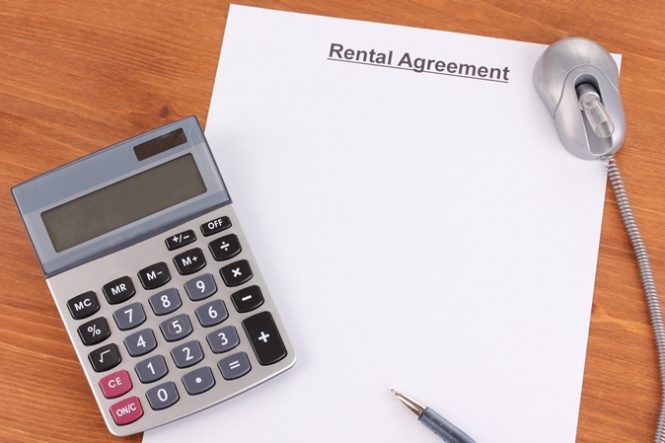
Living in a Rented Place
- Rented places must be safe and fit to live in.
- There are rules about when and why a landlord can enter your place.
- Rent can go up but you must get notice well before the increase takes effect.
Rental housing must be safe and fit to live in. Things like fire codes and health regulations require that all rental housing meet certain standards. For example, there must be working smoke detectors. Your place must also be free of pests like bedbugs, mice or rats.
If your place needs repairs or you have pests, talk to your landlord right away. Your landlord must make any needed repairs, unless you or your guests caused the damage. If you or your guests cause damage or a problem, even it was by accident, you must fix it. Your landlord must deal with any pests, unless they can prove you are responsible for them. If your place is not fit to live in you may be able to move out without giving notice. See Moving Out for more information.
If you cannot get your landlord to make repairs or deal with pests, the Office of Residential Tenancies may be able to help. See Disputes for more information. You cannot just stop paying rent because there are pests or repairs are not done. If you stop paying rent your landlord can evict you.
Your landlord must respect your privacy. Your landlord can come into your place if you agree to it. They can also enter if there is an emergency. In all other cases your landlord must give you at least 24 hours’ notice that they are going enter. Their reasons for coming in must be stated in the notice. Landlords cannot enter just to check things out for no particular reason. With notice, they can enter between 8 am and 8 pm. However, they cannot give notice to enter on a day of religious observance.
If you are moving out and the landlord needs to come in to show the place to a new renter, your landlord only needs to give you 2 hours’ notice. If the landlord cannot contact you they can show the place while you are out. They must leave a notice saying that they came in to show the place.
Your landlord can make reasonable rules. These must be in writing and you must be told about them. If you think your landlord’s rules are unreasonable you can apply for a hearing to decide if the rule will stay in place. See Disputes for more information.
Rent Increases
If you rent by the week or by the month, your landlord can increase your rent but they must first give you written notice. Unless they are members of the Saskatchewan Landlord Association (SKLA) they must give you 12 months’ notice. SKLA members only need to give you 6 months’ notice. There cannot be more than 2 rent increases in a year.
If you can’t afford a rent increase, the Saskatchewan Landlord Association may be able to help through their TAP program. They meet with you and your landlord and try to come up with a solution that works for both of you. If you need to move, they can also try to help you find a place you can afford. They can also provide information about other programs that can help.
Rent increases only apply to you if you rent by the month. If you rent for a fixed term the landlord cannot increase the rent unless your agreement allows this.
When a landlord provides services or things like appliances they can’t start charging for these later. They can’t start charging more and they can’t take them away. For example, a landlord cannot...
- increase charges for a parking stall
- take away some rented space, such as a garage or yard
- increase charges for utilities
- increase charges for laundry facilities or remove or reduce the laundry facilities

